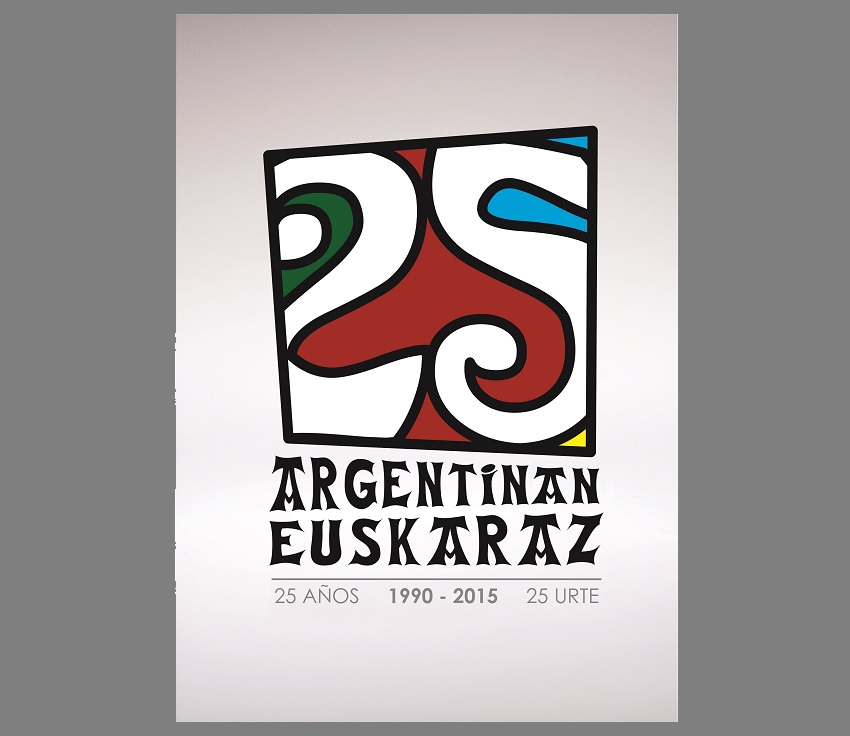The book will be presented in December during the International Euskera Day festivities and explains the situation of the Basque language in the country since the great immigration of the 19th century to today. In the words of its author, Magdalena Mignaburu, “the project provides a solid documentary basis to get to know and fill the gabs in information that exist in this regard, taking into account the lack of bibliography that exists today.”
Buenos Aires, Argentina. The program, Argentinan Euskaraz, was created to support the training of Basque teachers in Argentina, and this year it celebrates its 25 birthday, so FEVA and HABE as well as the Delegation of the Basque Government have launched a large program of activities “like the euskaltzale celebration on this special anniversary.”
With the support of FEVA and HABE, historian Magdalena Mignaburu has written a book that reviews the presence of Euskera in Argentina and particularly its current situation, the result of 25 years of this program to teach Basque. The book includes seven chapters, with the beginning being dedicated to what happened to Euskera in Argentina since the arrival of the first Basques, in a stage that could be describes as prior to the Argentinan Euskaraz project, and the rest, that investigate just the program will be published in both languages, with interviews, quantitative data and photos.
Fundamentals and goals
“Besides its importance to the Basque community, it is also an element of great cultural value for Argentina specifically for the province of Buenos Aires, given the multicultural structure that characterizes us and in which the Basque community has played an important role from the beginning years of colonization and later with political organizations,” Mignaburu explained to EuskalKultura.com.
“From there,” she continues, “the need for a detailed study to reconstruct the past of Basque in Argentina and to answer questions such as what steps were taken in our country for the use and spread of Euskera? What internal and external factors influenced it? What characteristics does it have, or has it had in activities? On whose initiative? What institutions emerged and worked for its preservation? What Basque personalities have had something to do with the strengthening of Euskera in Argentina? What has been the role of the Basque club in regards to language maintenance? What activities were organized and coordinated between FEVA, the Basque Government and HABE? What is the educational system like? What impact did the Argentinan Euskaraz program have on the qualitative growth and the quantitative group of Basque speakers in Argentina?”
Presentation
The presentation will take place in the first week of December in Buenos Aires, as part of the program of activities that the delegation of Euskadi in Argentina is organizing to celebration the International Day of Euskera (ENE, Euskararen Nazioarteko Eguna). The book was written in Spanish by the author and is currently being translated. These events will take place in the National Library and the Book Museum.






 Send to a friend
Send to a friend Add comment
Add comment








